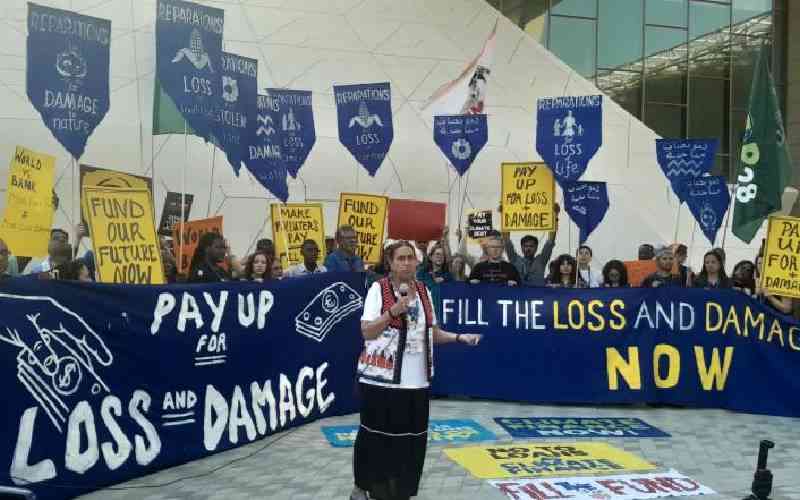×
The Standard e-Paper
Stay Informed, Even Offline

The debate over climate financing has taken a political turn at the UN climate summit in Dubai with African countries voicing their concerns about unfulfilled promises from the Global North.
The negotiations now reveal a complex web of interests, conflicting narratives, and a growing urgency to address the global climate crisis.